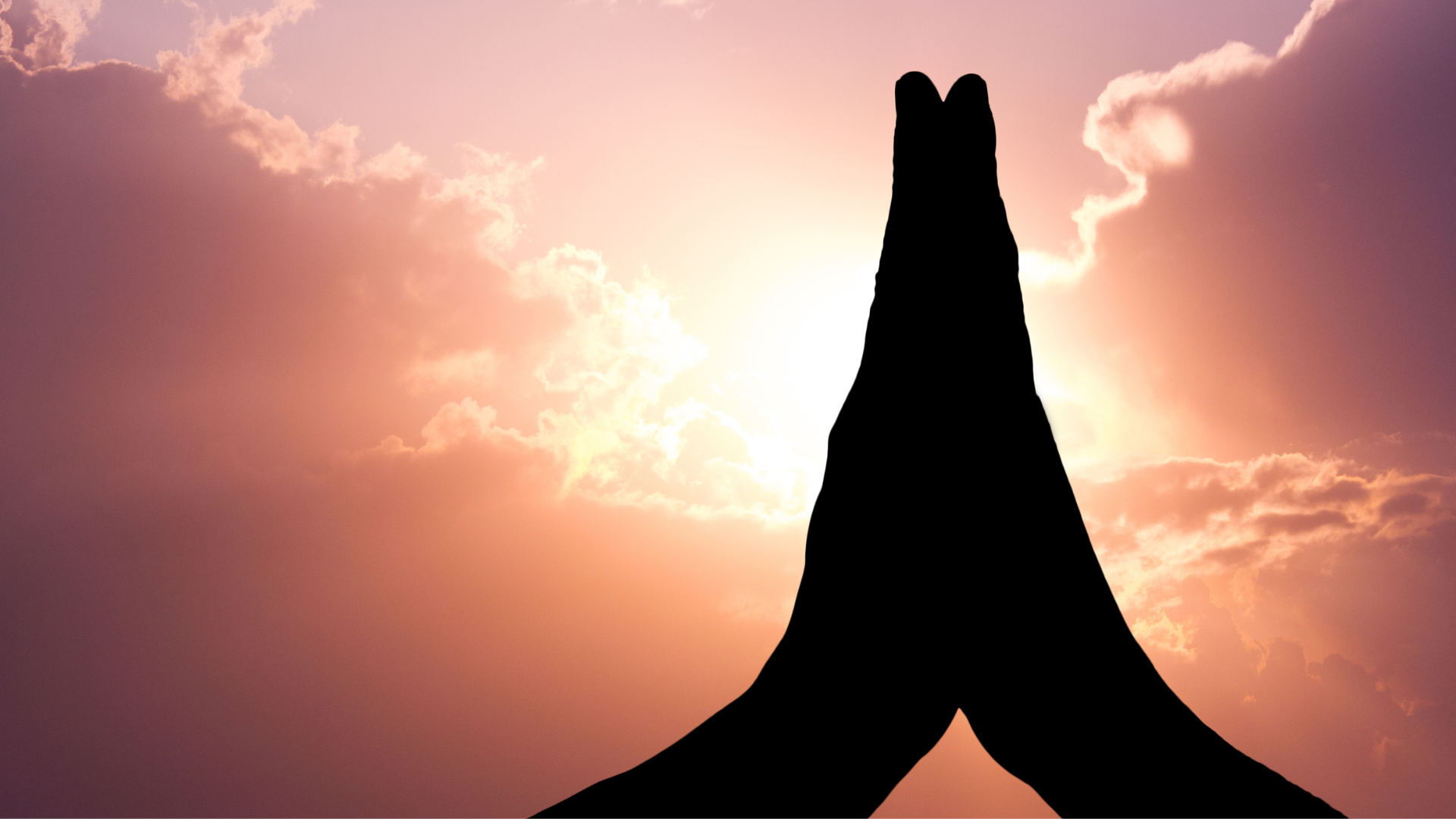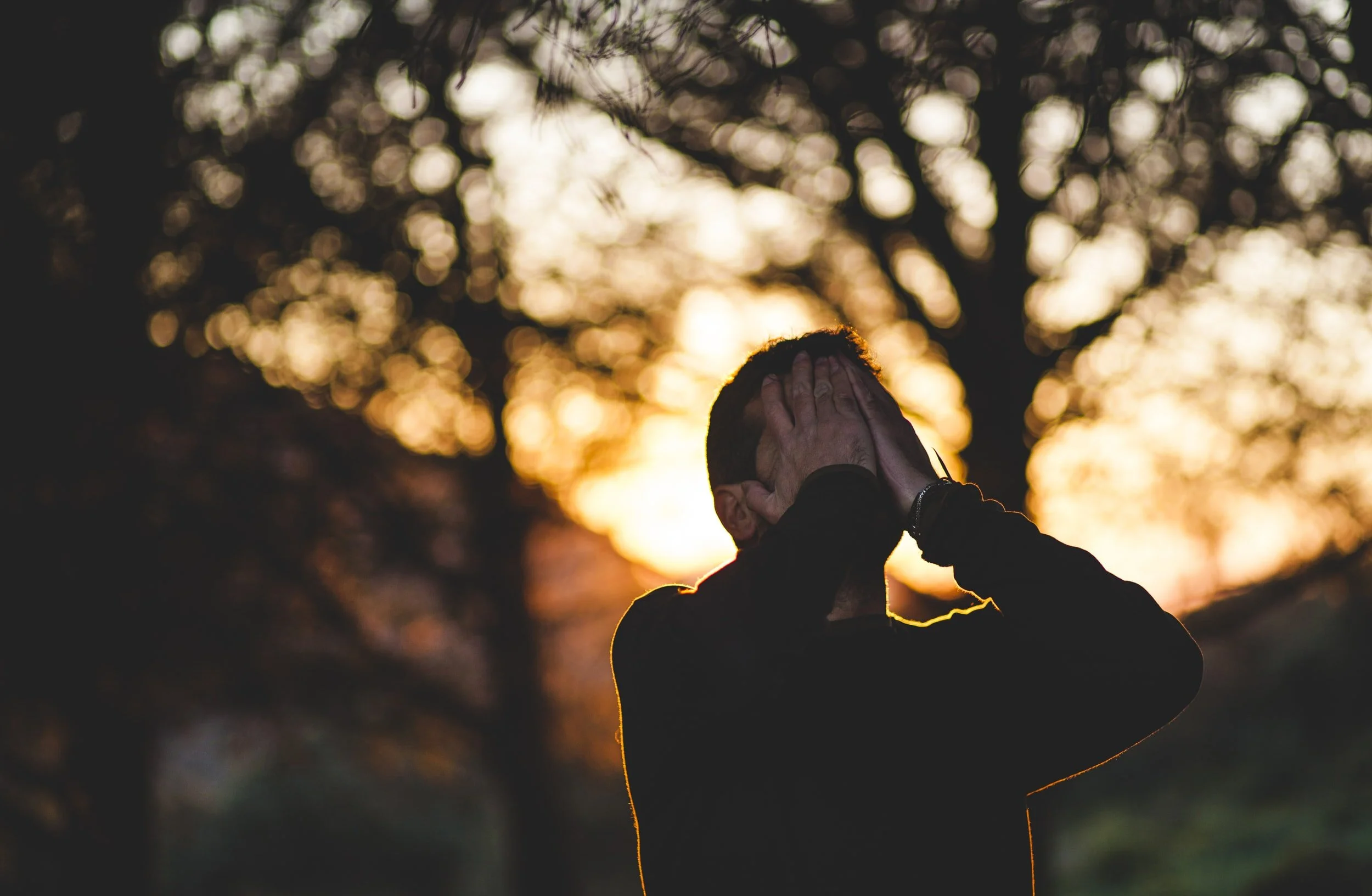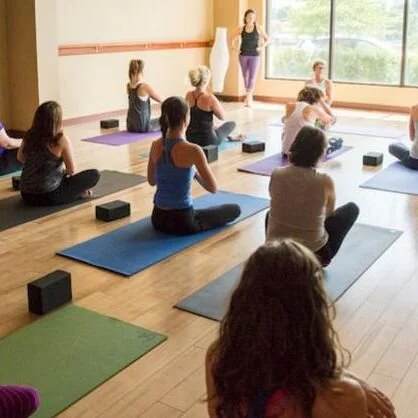Marcia's Musings: The Importance of Being Sweaty
/Sweating and I share a long history of grappling, resisting, camouflaging, accepting, and a plethora of other strong emotions. Never have I entertained the idea of writing an entire column on a subject that makes us cringe sometimes until now.
As a girl – an active girl living an outdoor life every season on a small Iowa farm – sweat came with the territory. We sweat in the sudden strong spring sun planting crops. We sweat as the Plains heated in the summer as we pulled weeds; fixed fences; checked stock cattle (yes, on horseback) in faraway-from-the-farmhouse pastures; cut, raked, and baled hay; and pruned and harvested the garden, and tended to chickens, milk cows, hogs, ducks, and geese (it was a bit like a Disney movie in some ways). In fall and certainly in winter, we sweat under layers and layers of heavy clothing that prevented frostbite yet didn’t breathe. And as kids we poured sweat playing in our piece of paradise.
Honestly, then, it came as a shock to hit the illogical and magical junior-high years and observe kids, particularly girls, not wanting to sweat. No more riding bikes to the pool (we might get sweaty). A hesitancy to continue to play sports (we would get sweaty). A reluctance to show a moist upper lip, forehead, and, worse of all, a damp armpit. Is there anyone among us who, like me, remembers mothers wearing “dress shields” – contraptions worn around the arms and armpits to absorb the perspiration because, God forbid, a damp circle would show? Does anyone out there recall the use strident and stringent anti-perspirants that stopped the sweat glands for what seems like weeks and sometimes discolored the delicate armpit skin? No? Count yourself lucky.
As the culture of well-being evolved and the awareness of the benefits of regular physical exercise and a good, long sweat grew – along with the increased opportunities for girls and woman to participate in sports of all kinds at all levels (thank you, Title IX, and the lawmakers who wrote and passed it). Whether many people still may dislike the feeling of sweaty or the display of sweating (spritzing), its health benefits cannot be denied as we move and literally wring out what we don’t need through our sweat. Whether you sweat only through active movement – walking, running, hiking, biking, kayaking, vinyasa and other strong movement forms of yoga – or through other methods like dry saunas or long baths (if you still have tubs in the home), perspiring ranks high on the list of healthy bodily functions. Out, damn toxins! (And, out, damn colds, flu, fevers.)
There’s more on this topic that we overlook to our detriment: Sweating often communicates the state of our emotional well-being. How many times has a friend, partner, child, spouse said to you, “I broke out into a cold sweat”? How many times have you experienced the cold sweats yourself? A case of the cold sweats is the body’s SOS about strong emotions such as fear, anxiety, shyness, nervousness, trepidation, guilt, heartbreak and many others. Often accompanied by the proverbial “pit in the stomach”, the cold sweat signal high levels of stress, the flooding of our bodies with stress hormones, the activation of our high-alert systems, commonly known as the fight-or-flight system. Often, cold sweats arrive with companion messengers like dry mouth (maybe before a speech or when facing a difficult conversation), handwringing, leg/foot tapping, or other physical tics, or avoidance of direct eye contact. All of these speak to our emotional states.
Ignore it at your peril. When we simply turn away from this signal without mindful observation and then examination, we tend to stuff the emotions deep inside where they find safe harbor and grow stronger so that the next time they are activated, the cold sweats amplify, and discomfort grows. Seen as good messenger, however, the cold or nervous sweats can help us regulate our emotions and let them pass through us. In this way, they lose their power over us, and we can choose whether to act (or not) in any situation.
Our bodies need healthy warm sweating to physically release toxins, to cool us, to restore energy. And our minds need cold sweats to call attention to our emotional states and to reestablish emotional well-being. Both kinds of sweating stand as messengers. Welcome them. Listen to them.


































